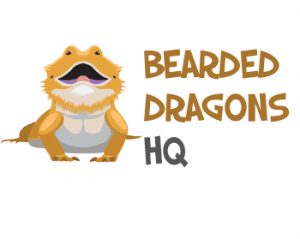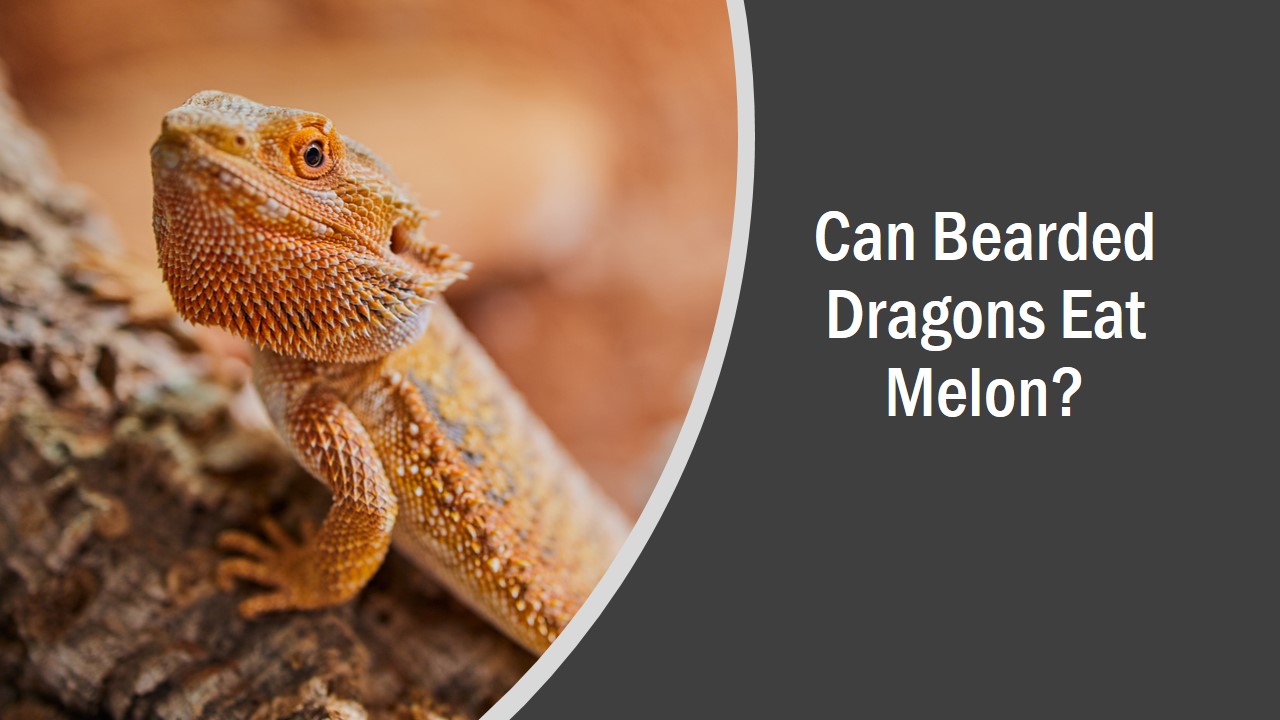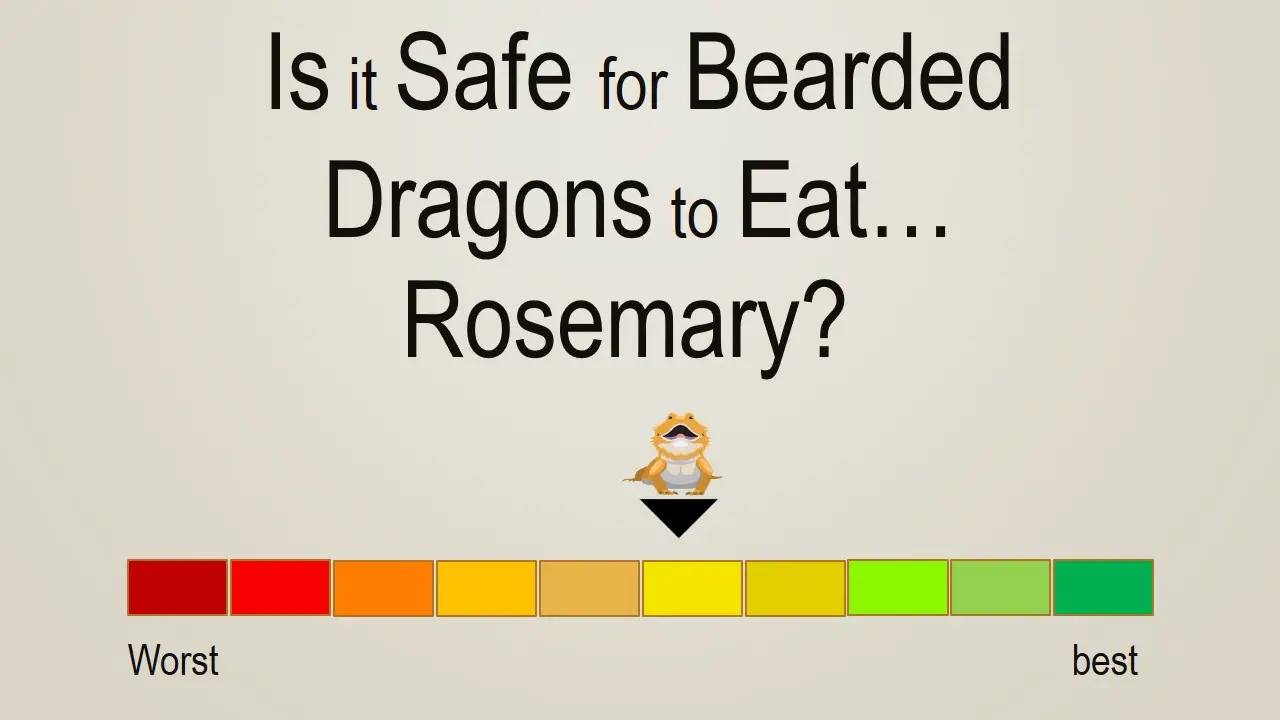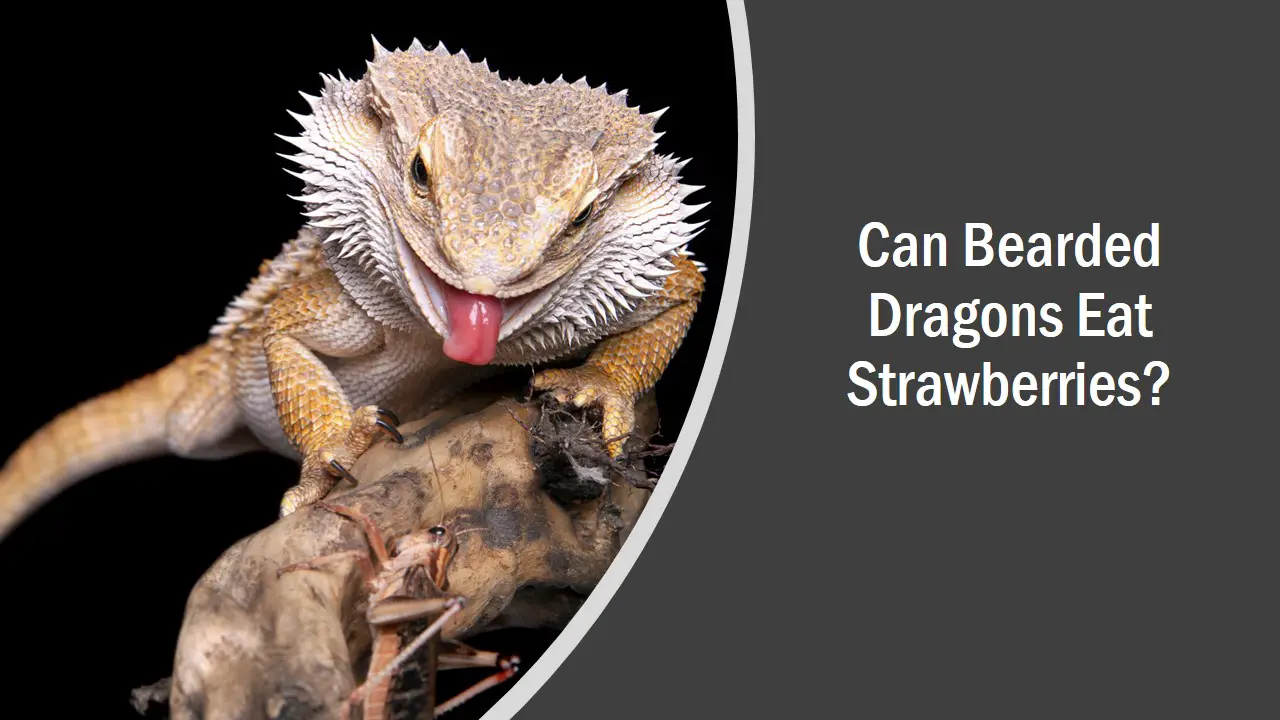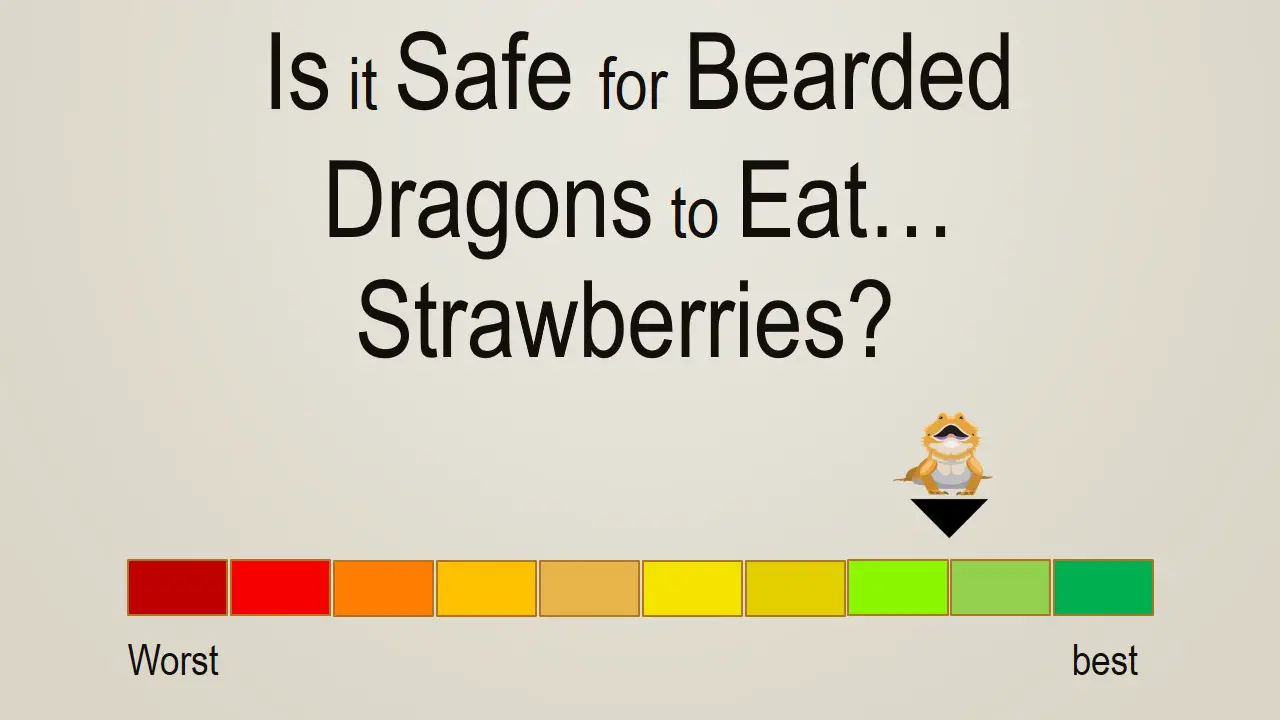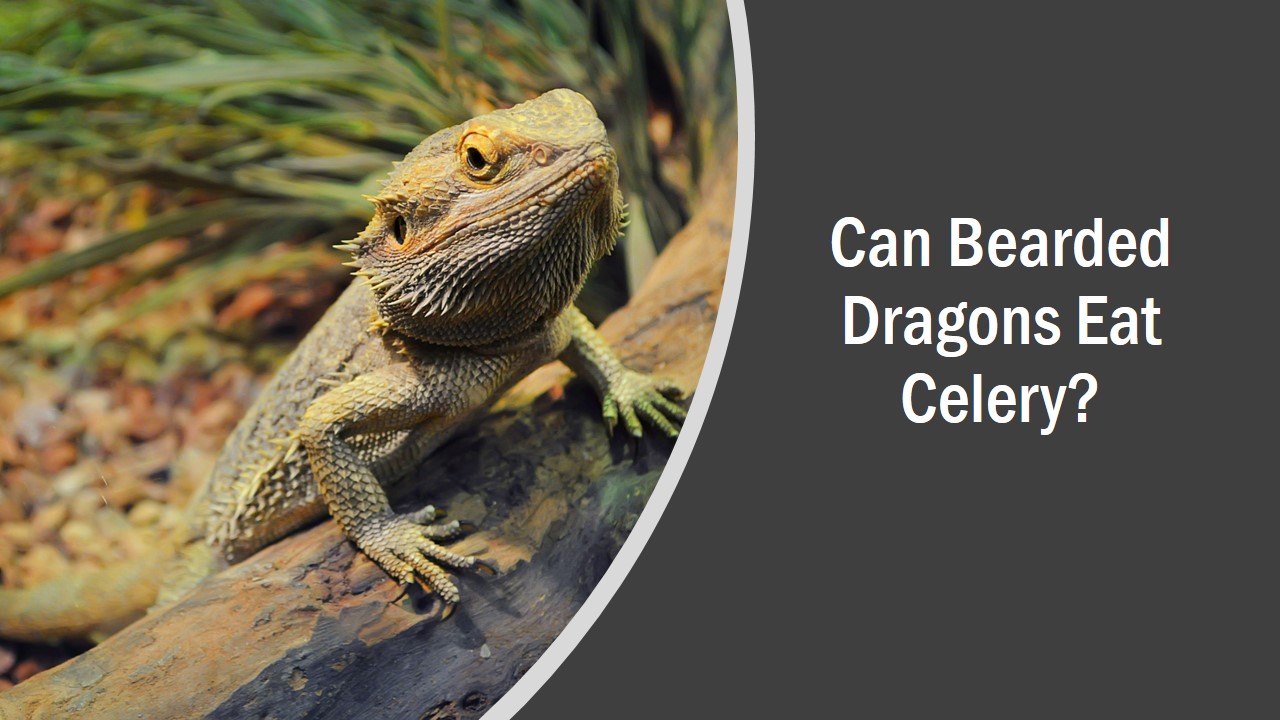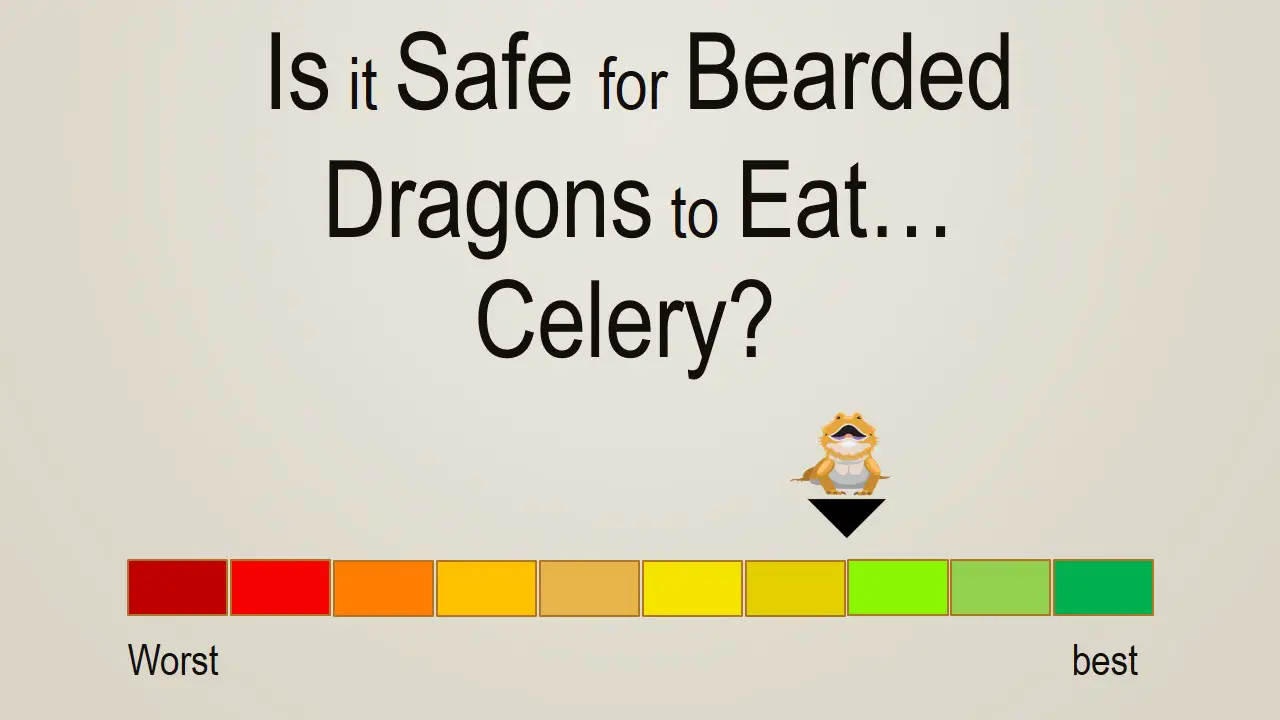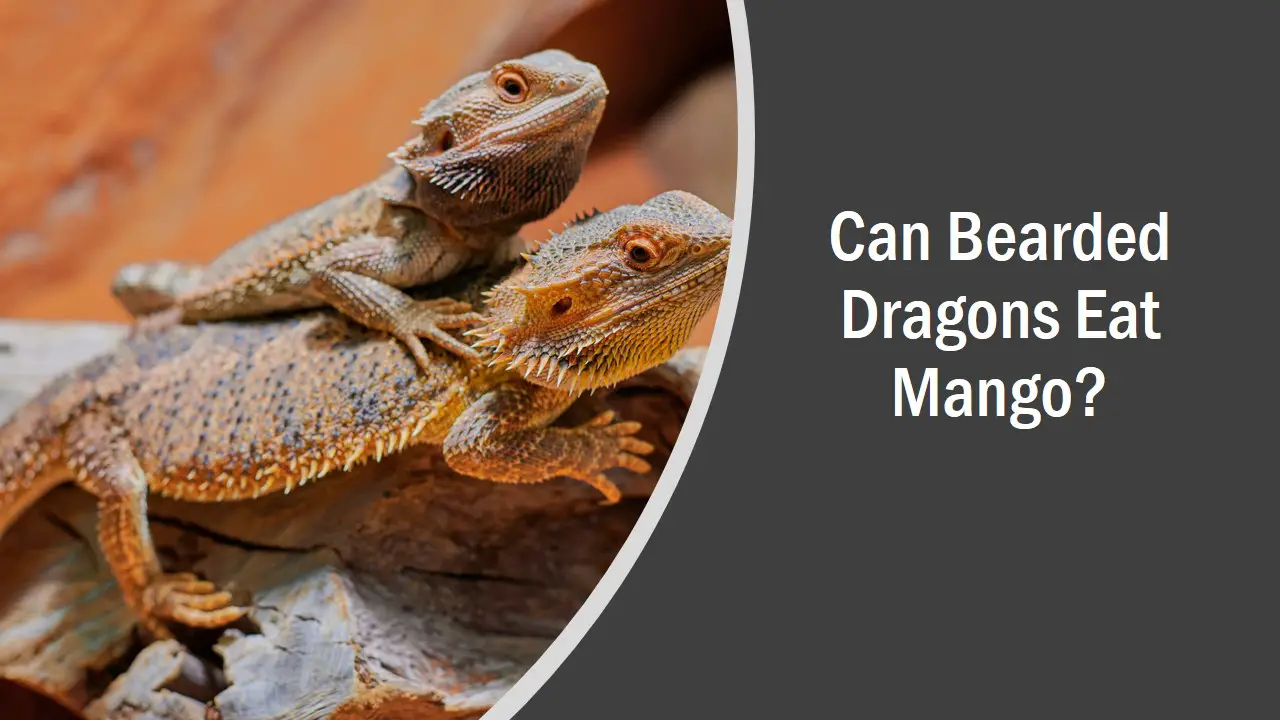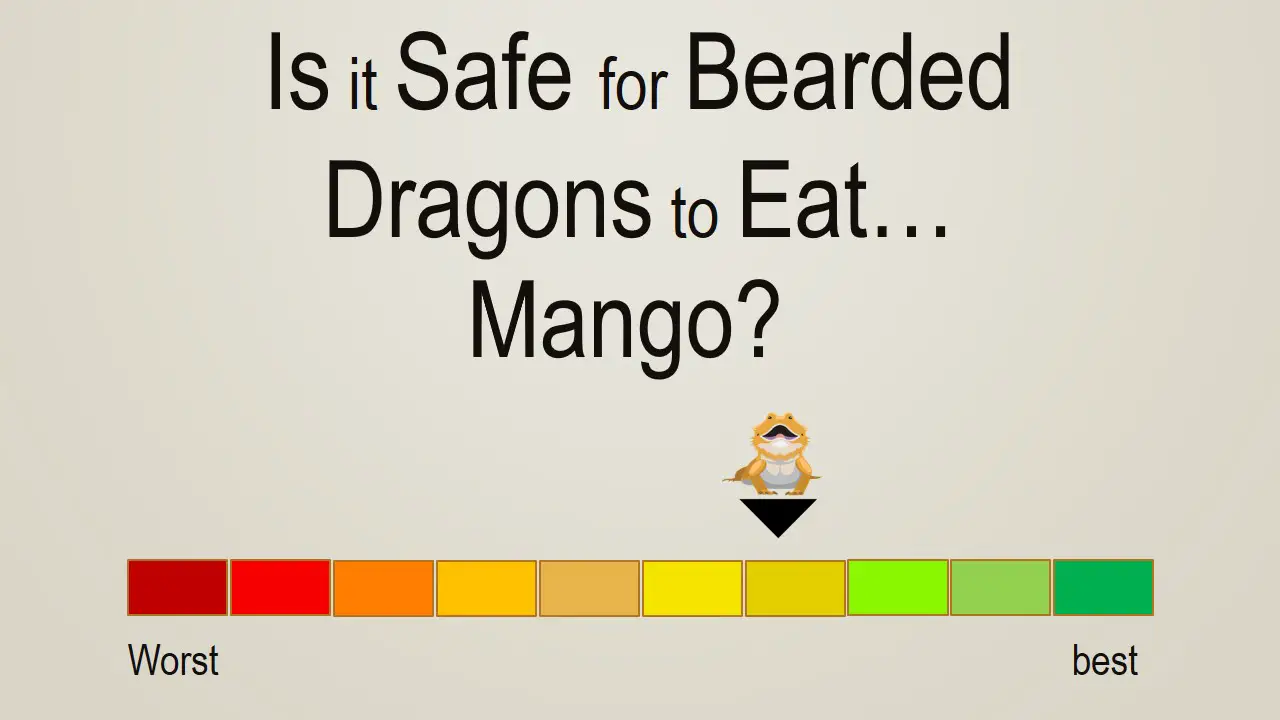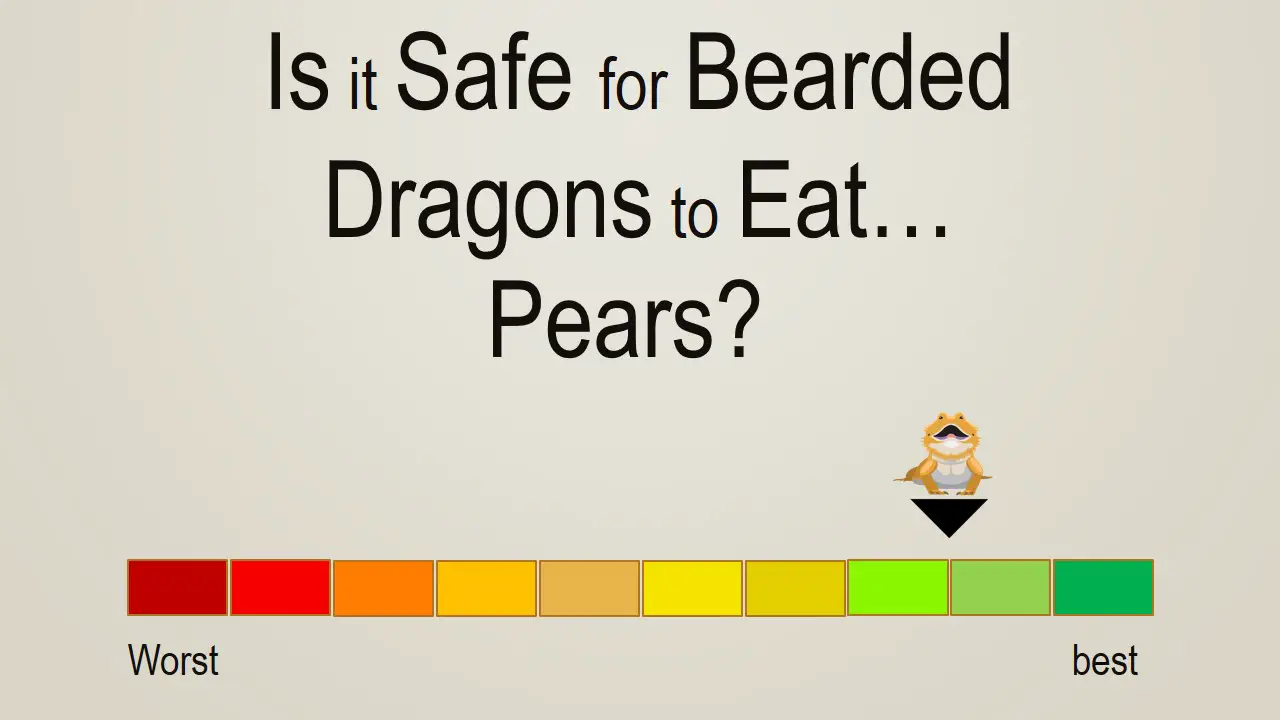Yes, bearded dragons can eat melon. They love it actually. The most common melons that Bearded Dragons eat are cantaloupe and honeydew.
Bearded dragons can eat other types of melon too, such as watermelon. They shouldn’t eat a ton of melon, however, because their sugar content is high, which is not good for them.
Melons are great to feed your bearded dragon with other fresh fruit. It includes vitamin A, which helps in calcium absorption, regulates metabolism, and strengthens the immune system. It is a very important mineral for Beardies. Check out the fruit list.
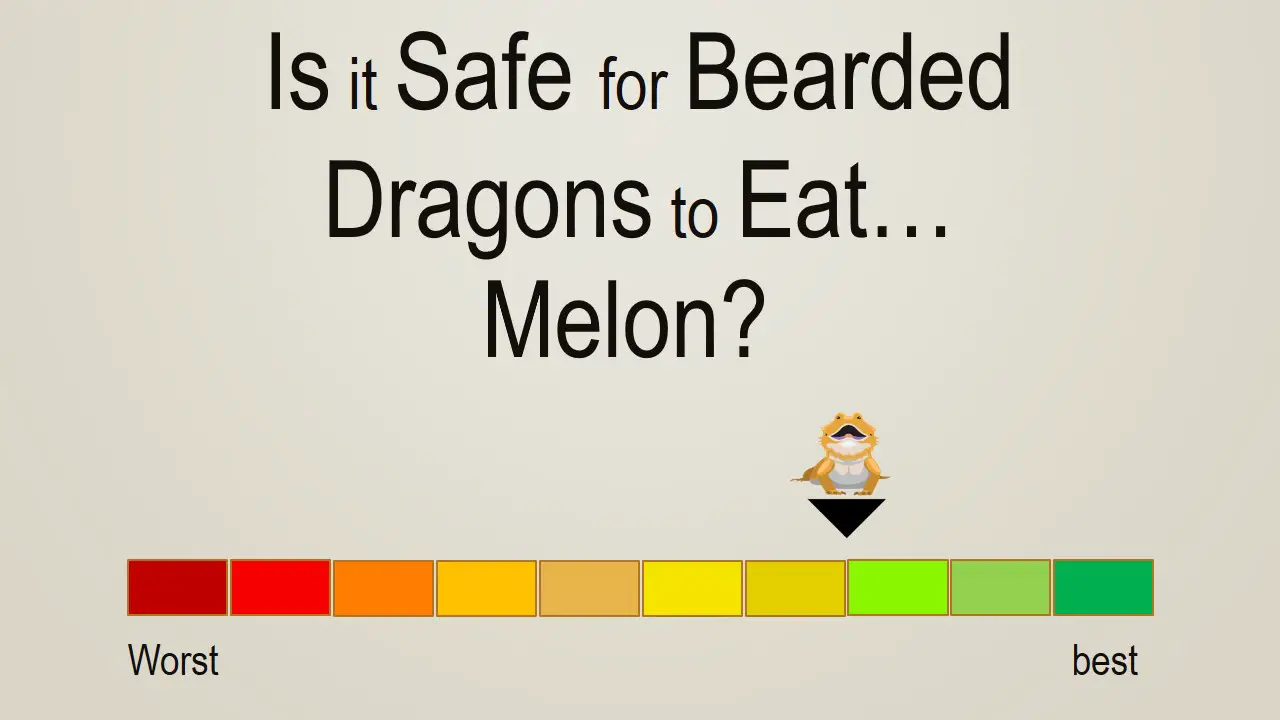
Valuable Nutrients in Melon
A 100 gram of cantaloupe contains these nutrients:
59% water, 10% protein, 28% carbohydrates and only 1.5% fat.
It also includes a small amount of vitamins and minerals, such as vitamin C (3%), vitamin B6 (4%), potassium (2%) and magnesium (1%).
- Vitamin A helps your Bearded Dragon absorb calcium from the food he eats more efficiently, which helps keep his bones stronger. This will decrease the risk of metabolic bone disease developing in your dragon if he is deficient in it. If not enough Vitamin A exists in their diet, they might develop a curved spine or flatter than normal skull due to malnutrition which can cause serious health problems down the line.
- Vitamin C is an antioxidant and is essential for the formation of collagen, which keeps your dragon’s organs together, tendons strong, his jaw healthy, and connective tissues in good condition.
- Vitamin B6 contributes to Bearded Dragons’ muscles, immune systems and red blood cells being formed properly by activating enzymes that are required for these functions.
- Potassium controls your Bearded Dragon’s fluid balance, maintains proper kidney function, muscle contractions and nerve activity. Your dragon will have a poor appetite if his potassium levels are low, which can lead to renal problems or other health issues because he won’t be able to digest food properly. Low potassium levels may also cause excessive thirst or urination as well.
- Magnesium is needed by your Bearded Dragon’s digestive system, bones and muscles in order to function normally. It also helps in the utilization and regulation of calcium and phosphorus.
Benefits of Feeding My Bearded Dragon Melon
Feeding your Bearded Dragon melon as a treat every once in a while is good for them.
- Vitamin A: It helps prevent vitamin A deficiency, which can cause metabolic bone disease in your Bearded Dragon if he doesn’t get enough of it. Your dragon will also have a poor appetite or even stop eating if he is deficient in this important vitamin, which could lead to other health problems such as renal issues because he won’t be digesting his food properly.
- Vitamin C: Helps with collagen formation which keeps organs together and tendons strong; therefore preventing organ failure and diseases like arthritis, osteoporosis and scoliosis (curved spine). It boosts the immune system by increasing white blood cell count and prevents colds and other infections like pneumonia. Your Bearded Dragon might develop rough skin if he doesn’t get enough Vitamin C in his diet.
- Vitamin B6: An important vitamin that helps with the formation of muscles, red blood cells and your dragon’s immune system. If he is deficient in it, his jaws won’t open properly or close completely (jaw problems), which makes eating much more difficult for him. This could lead to weight loss and malnutrition because he won’t be able to digest food properly either.
- Potassium: Helps your dragon stay hydrated by regulating fluid balance, kidney function and nervous activity; therefore preventing renal failure or bladder stones from forming.
Melon can also relieve constipation in dragons as it has a lot of fiber.
Fruits Bearded Dragons Can Eat
- Can Bearded Dragons Eat Pomegranate
- Can Bearded Dragons Eat Cranberries
- Can Bearded Dragons Eat Cherries
Risks of Feeding My Bearded Dragon Melon
- Gout
- Increased risk of obesity and metabolic bone disease
- Bloating
- Swelling of the mouth, neck, feet and other body parts.
- Nausea
- Diarrhea/Constipation
- Death (if eaten in large amounts)
Melon is very high in sugar which can lead to diabetes if fed too often to your Bearded Dragon or other reptiles like bearded dragons; therefore it’s important to limit the amount you feed him and make sure he gets a proper diet as well. Melon has lots of water in it; therefore it makes sense that dehydration could be an issue if they eat too much of it at one time because it will make them drink more water than usual. Although melon is a good source of vitamins and minerals; it can cause serious health problems for your bearded dragon if he eats too much of it.
When feeding your Bearded Dragon melon, make sure to remove all seeds before giving it to them as these can cause bowel obstructions.
You should remove the rind (the outer green part of the fruit) before feeding it to your lizard as well.
Cantaloupe is a safe and healthy treat for bearded dragons, but it should only be fed very sparingly to your pet due to its high sugar content. It’s best to feed him cantaloupe during the summer months when it’s in season.
Alternative Foods for Bearded Dragons
Bearded dragons enjoy many different fruits and vegetables, so it’s important to feed them a varied diet. Some safe foods for your dragon include strawberries, raspberries, figs, kiwi fruit, papaya, oranges and bananas (in moderation).
If you’re looking for more fruits and veggies to feed your bearded dragon; try the following:
- Papaya
- Kale
- Collard Greens
- Spinach
- Lettuce/Romaine lettuce
- Cucumber
- Tomato
- Carrots
- Chili Peppers (heating causes reactions like mouth blisters)
- Strawberry leaves (high in calcium too) — make sure he eats the leaf itself because the stem and leaves of the strawberry plant contain poisonous chemicals.
- Grass (make sure it’s pesticide-free and not treated with any fertilizers)
Can Bearded Dragons Eat Melon? – The Conclusion
Can bearded dragons eat melon? Yes, but only sparingly and not too often. It should be fed to them in small amounts during the summer months when it’s in season; however, there are other fruits and vegetables they can eat instead of cantaloupe.
Melons like cantaloupe, watermelon and honeydew contain lots of water and sugar which can lead to dehydration if eaten in large quantities; therefore it’s important to make sure your dragon drinks plenty of clean fresh water after eating a melon treat.
